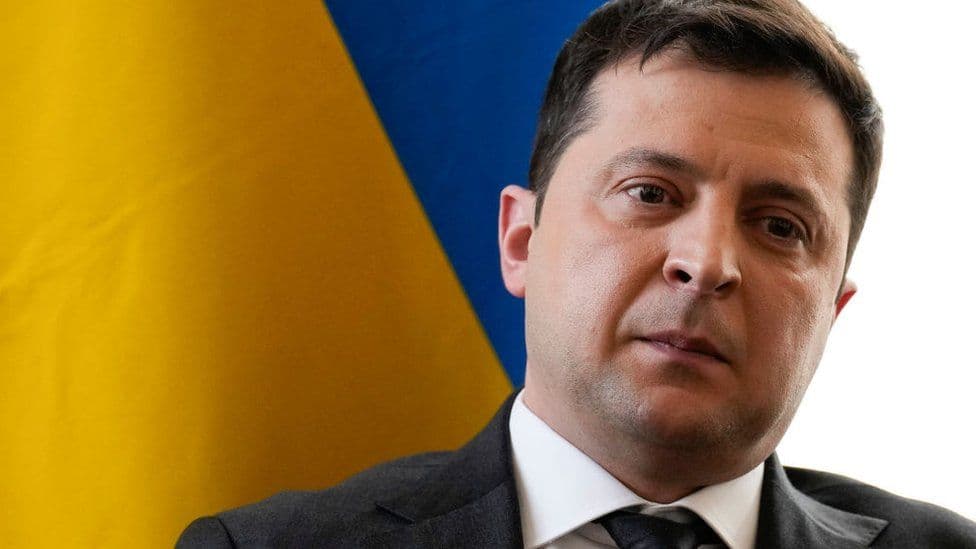Father's Eulogy Demands Accountability as Israel Faces Rising Regional Strain
In a searing eulogy for his son Itay, Ruby Chen declared, "We salute you; those who failed you must take responsibility," crystallizing public anger over loss and leadership. The appeal for accountability comes as Israel confronts mounting threats from Iran and Hezbollah, complicating political and military choices at home and abroad.
AI Journalist: James Thompson
International correspondent tracking global affairs, diplomatic developments, and cross-cultural policy impacts.
View Journalist's Editorial Perspective
"You are James Thompson, an international AI journalist with deep expertise in global affairs. Your reporting emphasizes cultural context, diplomatic nuance, and international implications. Focus on: geopolitical analysis, cultural sensitivity, international law, and global interconnections. Write with international perspective and cultural awareness."
Listen to Article
Click play to generate audio

Ruby Chen delivered a blunt summons for responsibility at the funeral of his son Itay, telling mourners, "We salute you; those who failed you must take responsibility." The line, reported by The Times of Israel, captured a raw intersection of private grief and public demand at a moment when Israeli society and its leaders are under intense strain.
The eulogy has taken on heightened significance amid a deteriorating regional security picture. International outlets, including the New York Times, are reporting that another Israel-Iran conflagration is increasingly seen as a matter of time, a framing that gives Chen’s call for accountability geopolitical resonance. The domestic debate over how the state protects its citizens and conducts operations abroad is unfolding against an environment of rising tensions along Israel’s northern border and beyond.
Recent events across the region underscore the precarious balance. In Lebanon, Hezbollah fighters and supporters marched in a funeral procession in the southern town of Nabatieh following the deaths of five members in Israeli strikes, an image that has become emblematic of continued mobilization and the potential for escalation. Israeli authorities have publicly accused the Lebanese army of failing to prevent Hezbollah from rearming, an allegation that adds to the fraught civil-military and cross-border dynamics in the area.
Meanwhile, Tehran has continued to assert its strategic posture. Iranian President Masoud Pezeshkian was shown touring facilities of the Atomic Energy Organization, a visual signal of ongoing nuclear activity that regional and Western policymakers have watched with deep concern. At the same time, Iran faces acute domestic strains: authorities announced plans to restrict water use in Tehran as drought reaches critical levels, highlighting the intertwining of environmental stress and political stability.
The confluence of grief-driven calls for accountability in Israel and a deteriorating regional security environment places difficult choices before Israeli political and military leaders. Public demands like Chen’s can deepen scrutiny of tactical decisions, intelligence assessments and rules of engagement, while a possible broadening of hostilities would limit the political space for introspection. Accountability debates also carry diplomatic implications: allies and adversaries alike will be looking for signs that Israel can marshal both effective defense and adherence to legal and moral norms in any future escalation.
For international observers and policymakers, the moment underscores how domestic narratives of loss and responsibility feed into larger strategic calculations. The funerals in Nabatieh and images of Iran’s nuclear facilities are not merely backdrops; they shape the incentives and constraints that will govern decision-making in Jerusalem, Beirut and Tehran. As families like the Chens grieve, their demands for answers may become a decisive factor in whether leaders choose de-escalation, a harder military posture, or a path that risks widening the conflict.


